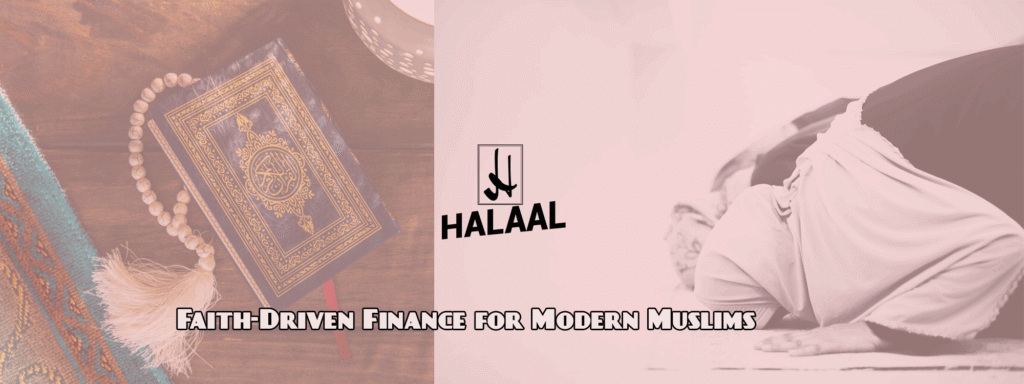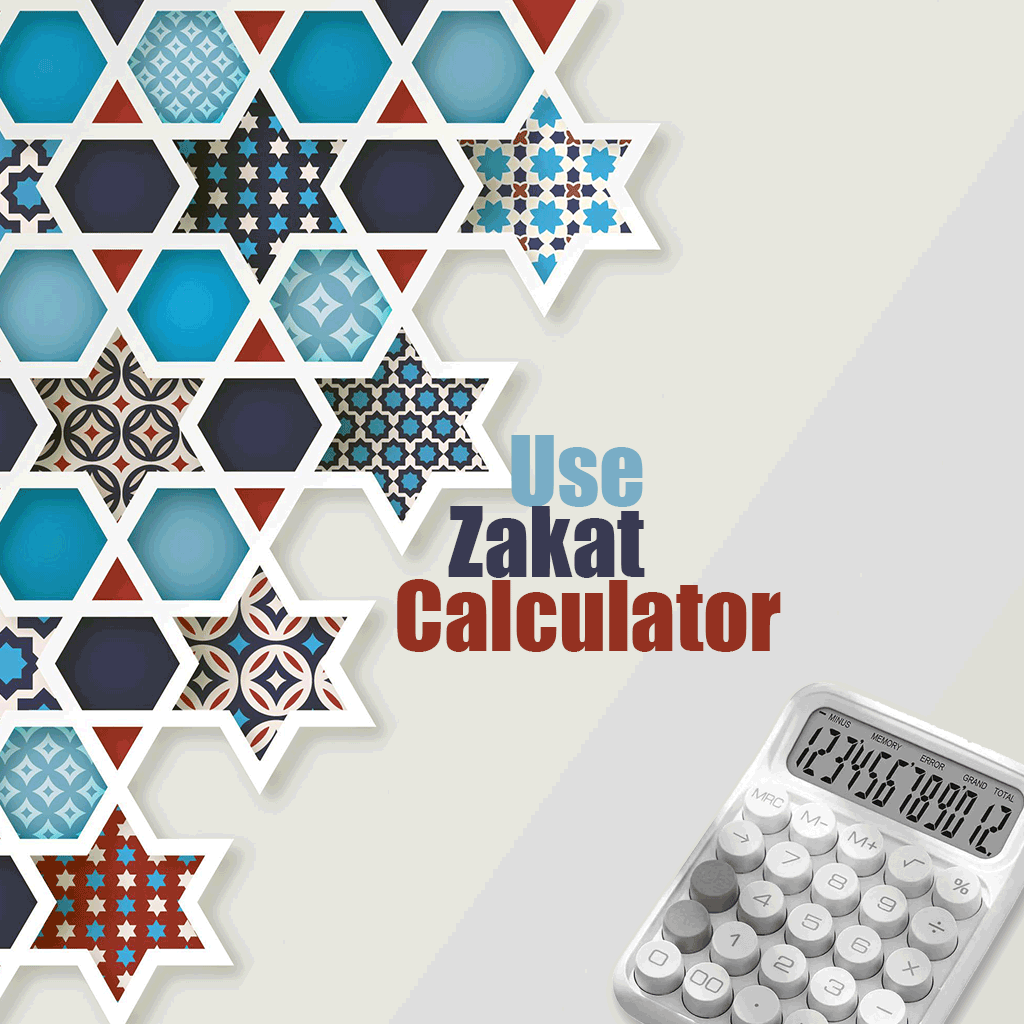Your questions answered in one place
Writing a will can feel overwhelming, especially when trying to balance Islamic principles with UK legal requirements. We have gathered the most common questions from real people and answered them in a way that is clear, practical and easy to act on.
This section is for everyone — whether you are just starting to learn or ready to write your Islamic will today.
Do I really need a will?
Yes. The Prophet Muhammad, peace be upon him, taught that no Muslim who has anything to bequeath should let two nights pass without writing a will. It is not just a legal formality. It is a religious duty and a practical step to protect your family and your faith after you pass away.
What happens if I die without a will in the UK?
If you die without a will, the UK government applies a fixed process called intestacy. This often goes against Islamic inheritance rules. For example, your spouse may get most of the estate, and your siblings or parents may be excluded entirely. The process can also be slow and stressful for your family.
Can I use a free will template I found online?
It is possible, but risky. Many free templates do not meet UK legal standards and almost none follow shariah guidance. It is safer to use a trusted Islamic will provider or solicitor with experience in both areas.
What is the one-third rule?
In Islam, you can leave up to one third of your estate to non-heirs such as charities, friends or causes you care about. The remaining two thirds must go to your fixed Islamic heirs. This rule helps ensure both fairness and flexibility.
Can I give everything to my spouse?
No, not in an Islamic will. Spouses have a fixed share, which is usually one quarter or one eighth depending on your situation. You cannot give them the entire estate without violating shariah rules.
The intelligent person is the one who controls their desires and works for what comes after death.
Tirmidhi, Hadith 2459
This reminds us that preparing our will is not just about money. It is a sign of wisdom, preparation and spiritual foresight.
Can I exclude someone from my will?
Not if they are a fixed heir under Islamic law. Excluding an heir without shariah justification is not permitted. However, you may be able to explain specific reasons in a side letter if needed, or seek guidance from a scholar.
What if I am not married or do not have children?
Your estate will still be divided according to Islamic rules, which include your parents, siblings and possibly other relatives. It is important to write a will to make sure this happens correctly and avoid complications later.

How do I name guardians for my children?
In your will, you can name one or more people to look after your children if you pass away while they are underage. This helps prevent confusion and ensures your children are cared for by someone who understands your values.
Do I need witnesses?
Yes. Under UK law, your will must be signed in front of two adult witnesses. They must not be people who benefit from your will. Without proper witnessing, your will may not be valid.
Can I change my will later?
Absolutely. Your will can be updated or replaced at any time. It is recommended to review it every few years or after major life events like marriage, divorce or having children.
Do I need both a solicitor and a scholar?
It is not required, but it is wise. A scholar ensures your will meets Islamic standards. A solicitor ensures it meets UK legal standards. Some services offer both in one place for your convenience.
Can I store my will online?
Yes. Many providers now offer secure digital storage. You should also keep a physical copy in a safe place and let your family know where to find it..
Can I write my Islamic will in English?
Yes, your Islamic will can be written in English. What matters is that your intentions are clear, and that the content follows both UK law and Islamic principles. Including Arabic phrases or a declaration of faith is recommended but not required for legal validity.
Can I include funeral instructions in my Islamic will?
Yes. Your will is the best place to specify that you want an Islamic funeral and burial. You can request washing (ghusl), shrouding (kafan), and burial without delay, as well as preferred mosques or cemeteries.
Can I use my will to pay off missed zakat or fasting?
Yes. You should mention any unpaid religious duties in your will, such as missed zakat, kaffarah for missed fasts, or unpaid fidyah. Your executors can use your estate to settle these before distribution to heirs.
Is an Islamic will valid if I move abroad?
Not always. If you move to a different country, the laws there might affect how your will is handled. You may need to update or rewrite your will to comply with local laws while keeping the Islamic inheritance rules intact.
What is an Islamic executor and do I need one?
An Islamic executor is someone you trust to carry out your will in line with shariah. While UK law just requires a legal executor, choosing someone who understands Islam and inheritance rules is wise and highly recommended.
What if my children are not practising Muslims?
Islamic inheritance rules apply regardless of practice. However, if a family member has openly left the faith (apostasy), they may not be entitled to inherit under shariah. You should seek specific scholarly guidance in such cases.
Can I include digital assets in my will?
Yes. You should list things like online accounts, cryptocurrencies, domain names, and digital files. These are part of your estate and should be distributed fairly. Make sure access instructions are also stored securely.
What if my will causes family conflict?
A well-written Islamic will can reduce conflict, not cause it. Include clear instructions and consider writing a personal letter explaining your faith-based decisions. It helps loved ones understand your values and intentions.



Can non-Muslims be guardians of my children in my will?
Islam recommends appointing Muslim guardians for your children to protect their faith and upbringing. However, under UK law, you can appoint anyone. Be sure your chosen guardian respects your religious wishes.
What if my family refuses to follow my Islamic will?
Once your will is legally valid and properly written, your executors have a duty to follow it. If family members object, they may face legal barriers to changing its terms unless they go to court. Clarity and education can help avoid this.






Sign up